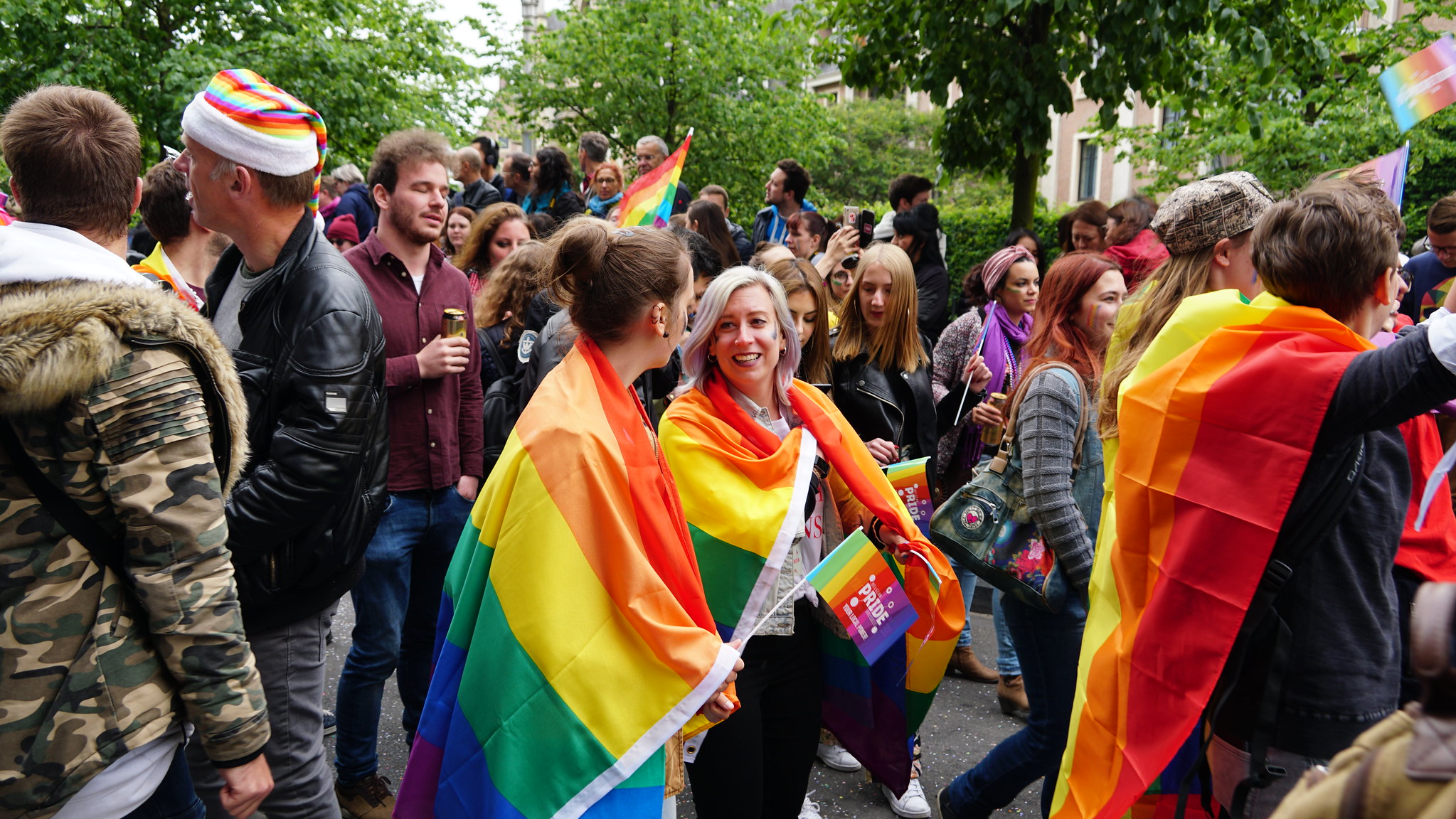Growing up in a Pentecostal church in Toronto, I repeatedly heard that homosexuality is a sin. For the first two decades of my life, I was told that who I am is wrong, shameful, broken and needing to be fixed. All I could do was sit silently in the pew, feel the sting of shame and pray to God to take this burden away.
It took a lot of time and courage to come out to people in my Christian community. While many churchgoers surprised me with their support, others unintentionally hurt me with Bible quotes and other expressions of faith. I’ve thought carefully about what I needed most in those vulnerable moments, and I’ve spoken to many queer, trans and non-binary friends about the same.
You may unsubscribe from any of our newsletters at any time.
Here are a few ways you can be an ally to LGBTQ2 people in your faith community, whether they’re coming out for the first time or entrusting you with their personal journey toward acceptance.
More on Broadview: These moms chose their LGBTQ2 kids over their conservative churches
Listen first. You may not know anyone else who’s openly LGBTQ2. You may feel uncomfortable, confused or in conflict with your own beliefs or moral code. But pause and imagine how it feels for your family member or friend. Give them a safe place to share their story, even if you don’t yet understand it. Accept their identity expression and don’t dismiss their feelings.
Tell them you love them. Hug them. Let them know they are valuable and beautiful. Remind them that they are a child of God — if that phrasing fits with their faith. It takes years to undo the homophobic and transphobic scripts we grow up internalizing in the church and beyond. Many of us struggle with self-acceptance, which can lead to depression, anxiety, self-harm and even suicide. You may feel tempted to say, “I love you, but the Bible is against homosexuality,” or “I don’t hate the sinner; I hate the sin.” If you want a continued friendship with this person, focus on loving them instead of making judgmental comments.
Check in at gatherings. You may notice that your friend is quieter and more reserved than usual in group settings. Ask if there’s anything they need to feel more comfortable in that space. You may be the only person who knows about their sexuality or gender. They need to know that you will be present and available, whether they need to talk, leave, cry or get a hug.
Do your research. LGBTQ2 people often have to educate everyone about their lives, and it’s exhausting. There are great online resources about how you can support your LGBTQ2 family and friends through the challenges and trauma they may face. For example, LGBTQ2 youth experience higher rates of mental health issues, substance abuse, homelessness and suicide. There are also some great queer-affirming Christian organizations like Generous Space Ministries, The Reformation Project, Q Christian Fellowship and Affirm United.
Stand with us. If someone says something homophobic or transphobic, speak up. It’s tiring for LGBTQ2 individuals to constantly defend themselves. An ally is someone who stands up and stands with us in those uncomfortable and difficult moments. Educate yourself and be a bridge for other family, friends and church members who may be struggling to understand the experiences of LGBTQ2 people.
For more of Broadview’s award-winning content, subscribe to the magazine today.












